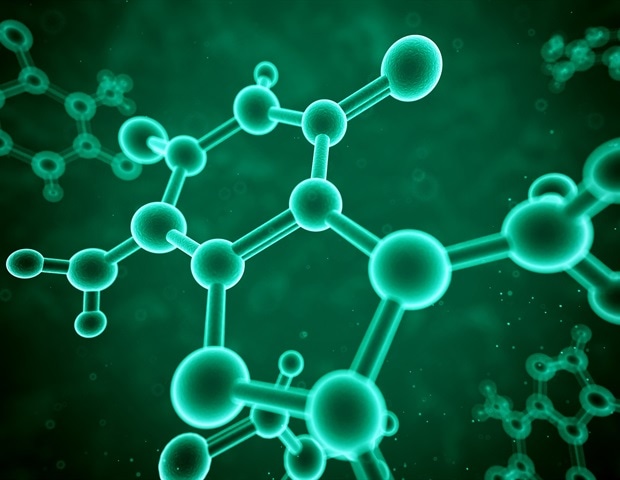A newly developed molecule, LK-2, could inform new therapies for stroke-related brain injury, finds scientists at The Hospital for Sick Children (SickKids). An ischemic stroke occurs when blood flow to a part of the brain is interrupted, depriving the brain cells of oxygen and nutrients. Without timely treatment, brain cells can die, resulting in permanent damage to the brain and its functions.
Stroke is one of the leading causes of death and disability worldwide, affecting millions every year. An international study published in Nature co-led by Dr. Lu-Yang Wang, a Senior Scientist in the Neurosciences & Mental Health program at SickKids, and clinician scientists at the Shanghai Jiao Tong University School of Medicine, has uncovered a molecule that holds the potential to protect neurons during stroke and prevent stroke-related brain damage.

"Our findings provide an entirely new way to think about saving cells while minimizing the adverse neural side effects of conventional stroke therapy," says Wang, who holds a Tier 1 Canada Research Chair in Brain Development and Disorders. "The LK-2 molecule could be the key to unlocking successful therapeutics for stroke patients." One of the main culprits behind stroke-induced brain damage is a neurotransmitter called glutamate.
When the brain is starved of oxygen and sugar, glutamate levels rise dramatically, overstimulating N-methyl-Daspartate receptors (NMDARs) on the membrane of brain cells. This causes a surge of calcium to enter c.























